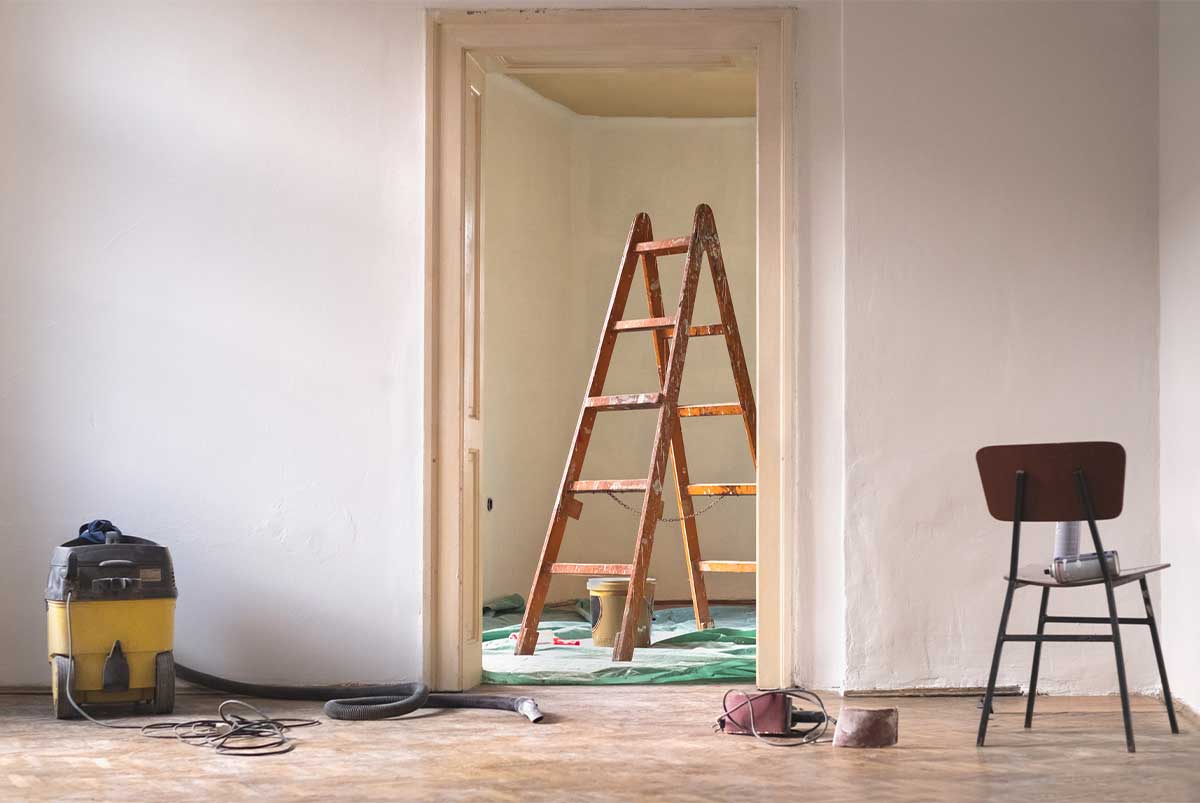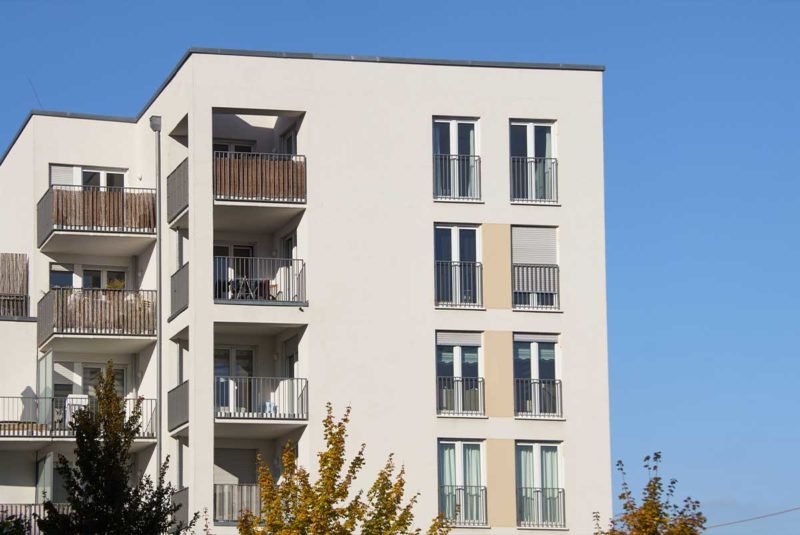Ready To Buy a Home?
Get Approved to Buy a Home
Rocket Mortgage® lets you get to house hunting sooner.
When you’re searching for your next home, a fully renovated property can be pretty appealing. But if you want to use a Federal Housing Administration (FHA) loan to purchase a recently renovated property, you might run into some trouble getting your financing approved.
Even if you have excellent credit and enough cash for a sizable down payment, the FHA flipping rule can interfere with the approval of your FHA financing.
Whether you’re a buyer looking to purchase a renovated property or an investor looking to flip a house, you’ll want to familiarize yourself with the FHA flipping rule. We’re going to tell you what you need to know below.
FHA Flipping Guidelines
As a government-backed mortgage, it’s no surprise that an FHA loan comes with a lot of rules and restrictions.
In addition to minimum credit scores and maximum debt-to-income (DTI) ratios, home buyers who want to get approved for FHA loans have to consider other requirements, like FHA flipping guidelines.
As a refresher, a flipped property is a home that’s bought and resold in a short period of time. Typically, house flippers are real estate investors who purchase a home that needs work. The investor will often repair the property and renovate it to increase the home’s value before selling and – hopefully for the investor – turning a profit.
So what are the FHA flipping guidelines? And how will they impact you if you’re trying to finance a home with an FHA loan?
FHA 90-Day Flip Rule
If you want to finance a flipped home with an FHA loan, your mortgage approval may be subject to the FHA’s 90-day flipping rule. The FHA flip rule prevents you from using an FHA mortgage to buy a home within 90 days of its last sale.[1]
In other words, an FHA loan requires the seller of a flipped home to own the property for at least 90 days before selling it to you.
If you try to buy a property that was sold within the last 90 days, FHA will deny your loan.
To ensure borrowers don’t violate FHA guidelines, lenders rely on FHA appraisals to confirm the home hasn’t been sold in the past 90 days.
FHA Flip Rule for Sales Within 91 – 180 Days
There’s no outright rule against using an FHA loan to purchase a home that was sold within the past 91 – 180 days. However, there are certain qualifications you’ll have to meet if you want to buy a home that was sold 3 – 6 months ago.
If an owner is trying to resell a home to a buyer using an FHA loan during this time frame, FHA rules require lenders to order a second appraisal (by a different appraiser) if the purchase price is double or more than the price the seller paid when they bought the home.[1]
Let’s say you want to buy a $400,000 home using an FHA loan. The seller purchased the property for $200,000 4 months ago and made some upgrades to the home.
The lender would have to get a second appraisal to support the increase in the property’s value. In addition, the lender can submit documentation of the renovations to justify the increased value, though a second appraisal is still required.[1]
For sales that occur more than 90 days but less than 12 months after the seller bought the home, the FHA might also require further documentation. Specifically, the FHA can seek an additional appraisal if the sales price is 5% or more than the home’s lowest sales price over the previous 12 months.[1]
Exceptions to FHA Flipping Rules
Though the FHA flipping rules apply most of the time, there are a few exceptions, including the resale of:
- Properties owned by the U.S. Department of Housing and Urban Development (HUD), other government agencies and Government-Sponsored Enterprises (GSEs)[2]
- Real estate owned (REO) properties[2]
- Presidentially Declared Major Disaster Areas (PDMDA)[2]
- Inherited properties[2]
- Homes owned by nonprofit organizations[2]
- Homes acquired by employers or relocation agencies (when working with an employee who’s relocating)[1]
- New construction[1]
Other Loans for Flipped Homes
If FHA flipping rules are threatening your plans to purchase a new home, there are several other types of mortgage that don’t have the same requirements. Other loan options may include:
- Conventional loans
- U.S. Department of Agriculture (USDA) loans
- U.S. Department of Veterans Affairs (VA) loans
While each of these loan types has its own eligibility requirements you’ll have to meet, they aren’t subject to the FHA flipping rule.
See You on the Flip Side
The FHA flipping rule isn’t something that applies to every home that’s purchased using an FHA loan. However, if you’re looking to buy a home that was recently renovated, you need to make sure your mortgage complies with the FHA flipping rule. Ready to take the next steps in buying a flipped home? Speak to a mortgage professional about an FHA preapproval.
Take the first step toward buying a home.
Get approved. See what you qualify for. Start house hunting.
The Short Version
- The FHA 90-day flipping rule disqualifies FHA loans from being used to purchase a home that’s being resold within 90 days of its last purchase
- Flipped homes that are being resold for a value that’s at least 100% higher than what the seller paid requires a second appraisal
- Newly built homes, properties owned by nonprofit organizations and real estate-owned, HUD-owned and inherited properties are excluded from the FHA flipping rule
U.S. Department of Housing and Urban Development. “Mortgagee Letter 2003-07.” Retrieved December 2022 from https://www.hud.gov/sites/documents/DOC_35920.DOC#
National Archives Federal Register. “Prohibition of Property Flipping in HUD’s Single Family Mortgage Insurance Programs; Additional Exceptions to Time Restriction on Sales.” Retrieved December 2022 from https://www.federalregister.gov/documents/2006/06/07/E6-8844/prohibition-of-property-flipping-in-huds-single-family-mortgage-insurance-programs-additional




